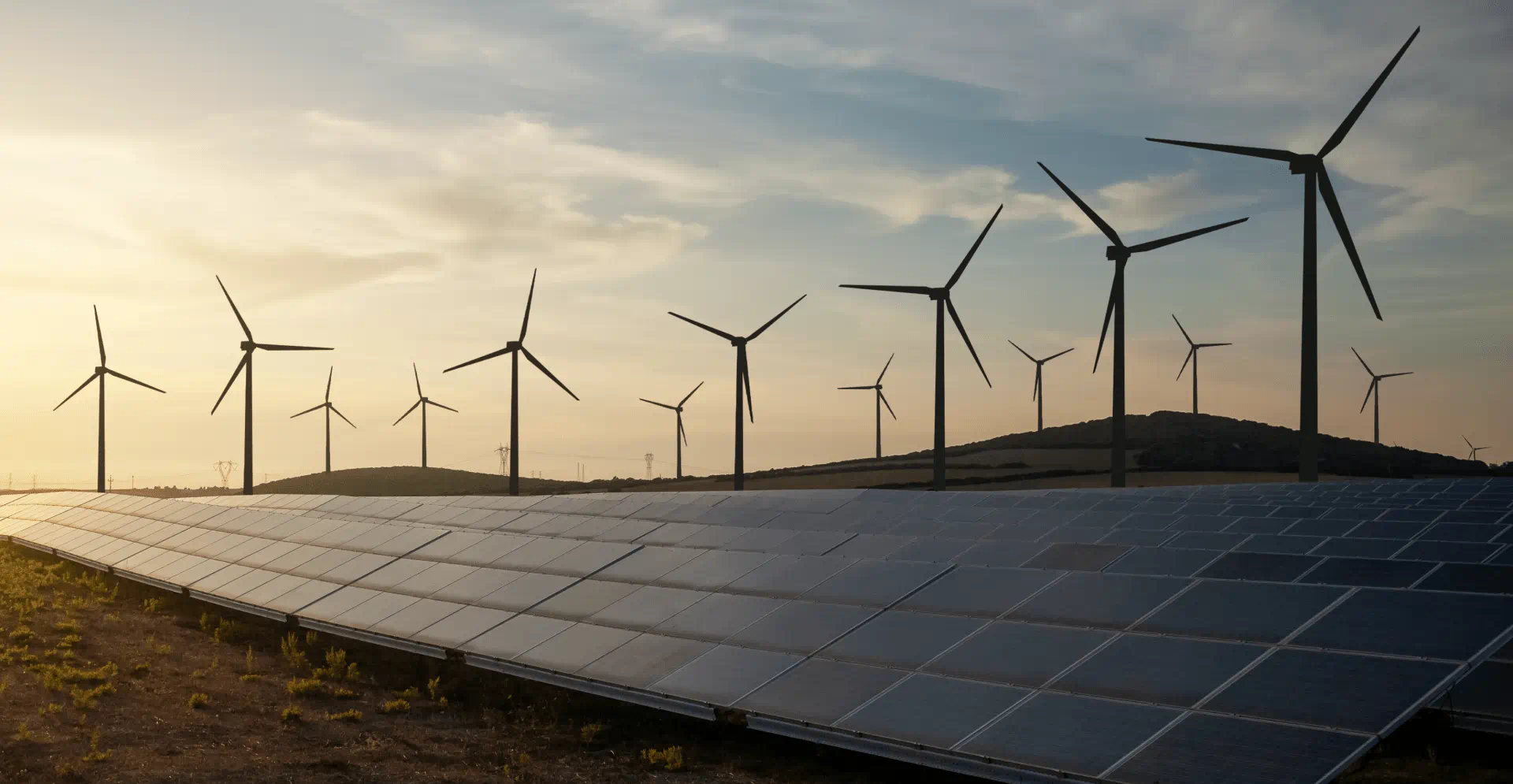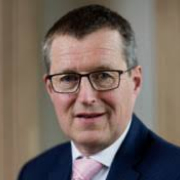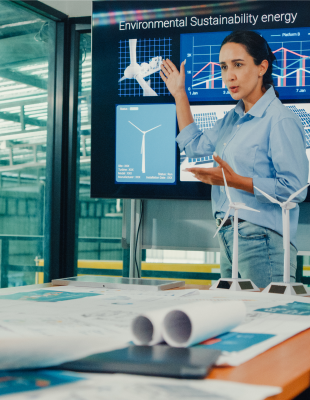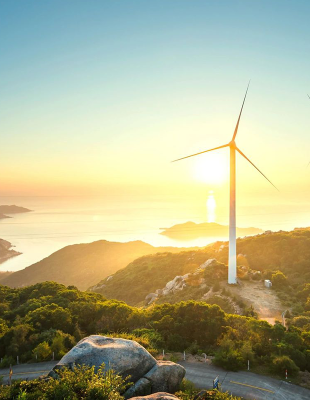The shortest day of the year brings many different symbolisms – one being a time when light is scarce and days are typically colder, boosting energy demands. This is why at Arcadis, we’ve earmarked this very day, for the past three years, bringing together industry leaders to discuss the pressing challenges and opportunities we face in energy security, diversification and affordability.
Most recently, as winter’s shortest day enveloped Germany, Arcadis hosted the Shortest Day Event in Frankfurt, bringing together leading energy experts. The discussions shed light on the multifaceted challenges and opportunities across the evolving energy landscape, and underscored a critical shift - from the traditional concept of energy transition to a broader, more urgent conversation about energy diversification and addition.

MINUTES
You have not accepted cookies yet
The conversations at the Shortest Day Event focused on how we scale up energy capacity in a world where energy security, supply and affordability all compete for priority.
What we heard that evening reinforced what we see daily in our work: Germany’s energy system is at a tipping point. The energy system and demand are both evolving rapidly, but bottlenecks in transmission, permitting, and infrastructure planning remain significant hurdles. While some renewable projects are progressing, grid capacity remains under pressure, and industries – particularly data centres and advanced manufacturing – are demanding more energy at a pace that outstrips current supply. Hydrogen, once seen as a distant solution, is gaining momentum through new partnerships, but needs quicker scaling of infrastructure and investment for successful deployment and progress.
Yet, amidst these challenges, there is real progress. Take Germany’s investment in offshore wind, where expansion is not only accelerating but also proving how large-scale renewable projects can be successfully integrated into the energy system. These are tangible steps toward achieving Germany’s goal of 80% renewable electricity by 2030.
Embracing 'Energy Addition'
In recent months, the conversation on energy has shifted. At CERAWeek 2025 in Houston, industry leaders made one thing clear: the challenge has progressed to ensuring that we have enough energy to meet soaring global demand. Energy addition has taken center stage, highlighting the need to expand overall capacity while maintaining energy security and affordability.
However, this isn’t something new, and is a critical part of how we meet the growing future energy demand, and energy security and affordability challenges – by expanding our overall energy capacity. This calls for grid modernization, relooking our current energy mix and new energy infrastructure.
Germany, as one of Europe’s largest energy markets, is a key test case for this shift. With ambitious decarbonization targets, the country has made strides in renewable integration. But rapid deployment still remains a challenge. Permitting processes remain slow, particularly for critical grid infrastructure, leading to delays in much-needed upgrades. Hydrogen has gained traction, but questions around large-scale storage and economic feasibility persist. Meanwhile, industries that rely on uninterrupted power - such as digital infrastructure and heavy manufacturing - are demanding solutions that balance energy resilience with energy security.
Where Real Progress Needs to Happen
Looking ahead, it’s clear where breakthroughs must be made. To truly unlock the potential of Germany’s energy future, grid modernization as a first is essential - without smarter, more flexible networks, the growing share of intermittent renewables will continue to strain supply stability. Planning and permitting processes must evolve to match the speed at which energy infrastructure needs to be built. Energy storage solutions, from hydrogen and battery technology to emerging innovations, must bridge the gap between production and real-time consumption.
At Arcadis, we see these challenges not as barriers, but as opportunities for strategic action. We are partnering alongside clients to design and implement solutions that accelerate progress on some of the most transformative project of our time. Our work with Gasunie is helping to shape the future of hydrogen infrastructure, creating the building blocks for large-scale energy storage and distribution. With clients like Tennet and Amprion, we are helping them on critical projects supporting the expansion of high-voltage grids, ensuring that renewable energy is not just generated, but efficiently delivered where it is needed most. And through our involvement in co-located energy projects, we are helping industries integrate on-site renewable generation, making energy supply more resilient and sustainable.
The shortest day of the year may have been in December, but the days ahead are getting longer - and so is the urgency to act. The energy future is about addition - scaling up, diversifying supply, and ensuring energy security. The opportunity is here, and Arcadis stands ready to partner with you, helping you make the right choices today to secure tomorrow’s energy resilience. The question is: how quickly can we make it happen?








